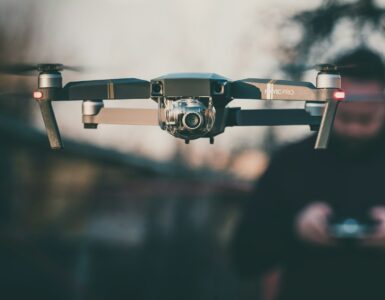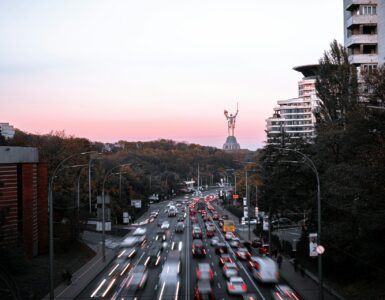YANDEX WATCH
Russian Internet giant Yandex’s revenues increased by 45% in the second quarter compared to the same period a year ago to nearly $1.9 billion, adjusted EBITDA – by 345% to $419 million, driven by a jump in revenues from mobility (ride-hailing, scooters, car-sharing), online marketplace, and Internet advertising segments. The company said in a statement it refrains from sharing a financial outlook for the whole year due to ongoing economic uncertainty caused by geopolitical tensions. [Source: Acceswire]
Yandex is expanding its business activity in Latin America, where the tech giant is offering food delivery, weather forecast data and education services. The pivot towards the region emerged after the start of Russia’s invasion of Ukraine, which caused Yandex to wind down previous plans of expansion in the U.S. and Europe. [Source: Kommersant]
ECONOMY UNDER SANCTIONS
The war in Ukraine is decelerating Russia’s move to a low carbon economy, a path the country’s authorities chose to go along a few years ago. A transition to a greener industry requires modern technologies enabling lower emissions, what’s become rather questionable because of sanctions against Russia. [Source: IPS Journal]
The Russian Central Bank is considering a trading halt for the dollar at the Moscow Exchange. The decision can be taken in case sanctions are imposed against the Moscow Exchange and the National Clearing Center. [Source: Forbes.ru]
REGULATION
Moscow’s Tagansky district court fined WhatsApp, Tinder, Snap, Spotify, Hotels.com various sums over companies’ refusal to process and store data of Russian users on Russian territory. Since 2015, when a law on users data storage localization took effect, more than 600 foreign tech companies have elected to comply with the regulation. [Source: Spark]
Tor, the anonymity service blocked by a Russian court over alleged violation of Russia legislation, was removed from the list of blocked websites. Russia has the second biggest number of users. [Source: Ars Technica]
FIGHT FOR TALENT
MTS AI, a startup acceleration fund of Russia’s mobile provider MTS, has announced the launch of its second startup application round targeting deeptech students in St. Petersburg. Ten teams of students or graduates of Russian technical high schools will receive up to $1 million each to develop their deeptech startups. [Source: Fontanka]
Armenia is turning into a new home for a growing number of Russian IT specialists who have left Russia since the start of the war in Ukraine. A Russian-speaking neighboring country with a mild climate, developed infrastructure and rather low cost of living is set to benefit from an inflow of highly skilled and experienced workforce. [Source: Rest of World]
SPACE
New director of Roskosmos Yuri Borisov said a domino-like series of failures is of high possibility at the International Space Station, which Russia is planning to leave after 2024. In Borisov’s words, the life cycle of many technical modules, hardware, and metal has ended or is nearing the end causing numerous microcracks and putting the lives of spacemen in danger. [Source: Roskosmos]
INTERNET
A share of city residents in Russia using online cinemas dropped to 42% in the second quarter 2022 versus the first quarter 2022, with those having a paid subscription declining to 28% versus 30%, according to the consultancy GfK. Analysts of the company concluded that the exodus of Netflix and Megogo after Russia’s war against Ukraine has not affected much the size of online cinemas’ audience. [Source: GfK]
Russian consumers decreased their expenses for online education services for their kids by 21% in the first half of 2022 compared to a year ago, as children started to get back to school due to drops of COVID-related restrictions. Though online education still holds the highest average expense among services and products paid for by bank cards. [Source: Prime]
Internet for the people: access to the Internet in Russia ranks 30th among the cheapest in the world, according to data compiled by U.K.’s Cable.co.uk. The cheapest Internet access service costs $0.2 per 1 Gb, the most expensive is $1.66, while the average price is $0.48. [Source: Cable.co.uk]
INNOVATION
Russian state-run innovation center Skoltech and Radio Scientific Research Institute plan to design equipment for 6G mobile networks. Mobile operators say it would be more reasonable to maintain a 4G network currently available in the country that meets existing users’ needs. [Source: Kommersant]
The Russian government will start testing biometric screening at the Moscow Sheremetyevo airport from October 2022 through September of next year. If the test proves to be successful, the biometric airport access system will be expanded throughout the country’s airport network. [Source: Kommersant]






Add comment